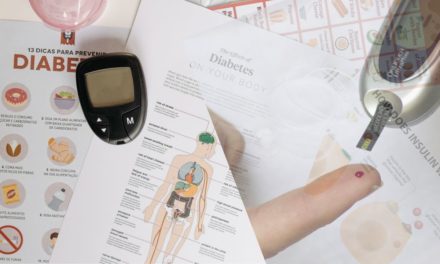Introduction
Bloating is a common and often uncomfortable feeling that many people experience at some point in their lives. This refers to a feeling of fullness and tightness in the abdomen, usually accompanied by excess gas. Although occasional bloating is normal, persistent or severe bloating can indicate underlying health problems. The purpose of this article is to shed light on the common causes of bloating, helping readers better understand the phenomenon and identify possible triggers for indigestion relief.
Swallowing air
One of the most common causes of bloating is swallowing excess air while eating or drinking. Chewing gum, consuming carbonated beverages, and talking while eating are common activities that cause air to accumulate in the digestive tract, resulting in bloating and gas.
eat more
Eating too much or eating too quickly can overwhelm the digestive system, causing bloating. The stomach expands to accommodate the extra food, causing discomfort and a feeling of fullness.
Gas production
Gas is a natural byproduct of the digestive process. Fiber-rich foods, such as beans, lentils, and cruciferous vegetables such as broccoli and cabbage, can ferment in the intestines, causing gas and bloating.
Food intolerance
People with lactose or gluten intolerance may experience bloating after consuming dairy products or foods containing gluten. These conditions occur when the body is unable to digest certain substances, leading to indigestion.
Constipation
Slow bowel movements can cause stool to build up in the intestines, causing bloating and discomfort. Constipation can be caused by factors such as a low-fiber diet, inadequate hydration, or certain medications.
Gastrointestinal disorders
Underlying gastrointestinal conditions such as irritable bowel syndrome (IBS) or inflammatory bowel disease (IBD) can cause chronic bloating. These conditions include abnormalities in bowel movements, leading to gas retention and bloating.
Hormonal changes
Some women experience bloating due to hormonal fluctuations during menstruation, which can lead to water retention and abdominal discomfort.
Artificial sweeteners
Some artificial sweeteners, such as sorbitol and mannitol, are not well absorbed by the body and can ferment in the intestines, causing gas and bloating.
Stress and anxiety
Emotional stress and anxiety can affect the digestive system, leading to bloating and other gastrointestinal symptoms.
Gastroesophageal Reflux (GERD)
GERD, a condition where stomach acid flows back into the esophagus, can cause bloating and a feeling of fullness in the upper abdomen.
Result
Bloating is a common and often temporary digestive problem that can result from a variety of factors. While occasional bloating is usually harmless, persistent or severe bloating can be a sign of an underlying health condition that needs attention. By understanding the common causes of bloating, individuals can take proactive steps to identify potential triggers and make lifestyle changes to achieve digestive relief. Maintaining a balanced diet, staying hydrated, practicing mindful eating, and managing stress can all contribute to better digestive health and reduce the frequency of bloating episodes. If bloating persists or is accompanied by other associated symptoms, it is important to seek medical advice for proper diagnosis and management.










